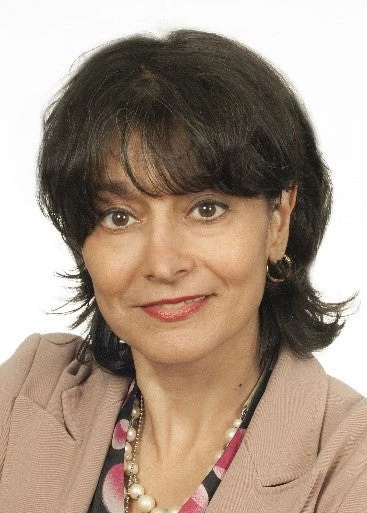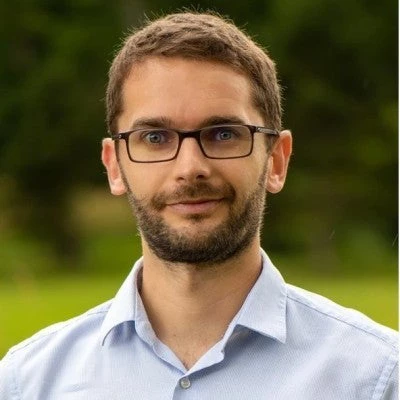Burkina Faso has embarked on a journey to put public data infrastructure at the heart of social and economic development. But what does this mean? And why should ICT and digital data be a priority when a large segment of your population still cannot access to the internet? This is precisely the question that the upcoming World Bank-funded eBurkina project is meant to answer.

Burkina Faso, a low-income landlocked country in West Africa, has the ambition to reform public administration differently. More specifically, the country sees ICT and digital innovation as a key opportunity to accelerate development and meet the objectives of its national development strategy (PNDES). This approach is consistent with the World Development Report 2016 on Digital Dividends, which found that, when used properly and with adequate policy interventions, ICTs can be a powerful tool for social and economic development.
Going digital is seen by the government as an engine of growth and a high-potential sector for the country; therefore, it should come as no surprise that ICT is part of the five key points of the development program set forth by the presidency. Interestingly, Jeune Afrique reported that the incumbent president has also become the African head of state with the fastest growing number of followers on Twitter in 2016.

But how exactly does Burkina Faso intend to make this happen? As per the PNDES objectives, going digital will entail connecting all public agencies, schools and health facilities, setting up unique digital ID for each citizen and company, and investing in e-government reforms for greater access to information and better public service delivery. The reforms also focus on investing in the local digital industry, especially by financing learning programs, [tech] incubators and research and development programs, in collaboration with private sector and development partners.
Commitment to digital development is not new for Burkina Faso. As early as 2004, the country started hosting the national “Internet Week” and the international forum for ICT best practices sharing--a must-go for policy makers in the sector. In 2013 the World Bank provided technical assistance to Burkina’s Open Data efforts launching the Burkina Faso Open Data Initiative (BODI) and resulting in the creation of a vibrant open data ecosystem and development community in the country. Following the lead of other Africans countries who have made ICTs a critical pillar of national development strategy – such as Rwanda, Kenya, Tanzania, and Ghana – Burkina Faso is now positioning itself in the growing cohort of countries that are combining new technologies to traditional development policies in ways that are relevant and transformational to their own context. It is also worth noting that about a year ago, the country successfully transitioned from an interim government to its new government through an open data election process.
As our team accompanies the country in this digital journey, we have witnessed increased awareness and true leadership on ICT-related issues. Now, with financial support from the World Bank, the country will benefit from a small but transformational project - eBurkina. The main ambition of the project is to foster the development of a digital platform where all public agencies could collect, store, use, and share data, not only within the government, but with the whole population. The project will be managed by the Government agency in charge of digital development – ANPTIC – a new agency created in 2014, staffed by skilled ICT officers.
Building on enhanced data infrastructure, the second accomplishment of the project would be to improve public service delivery in rural areas, in particular by focusing on the agricultural sector (80% of the population relies on agriculture, which accounts for 60% of the country’s GDP). Reaching the rural population will be achieved through online and more traditional offline channels, such as SMS-based applications and radio programs for farmers on how to improve crop yields, or digitization of data currently collected on paper at the municipal level - for communities to improve decision making at local level. Addressing rural development challenges through close collaboration between the ICT and agricultural sectors will be key to reaching the Sustainable Development Goals in the country, including food self-sufficiency.
Another important objective of eBurkina is to enhance the digital and open data ecosystems by developing and supporting tech hubs and incubation programs. This should help create innovation-friendly spaces for startups and civic techs, similar to what I currently found in countries like Kenya. eBurkina will also scale up the existing open data initiative by strengthening the capacity of data users and producers, opening an inventory of datasets to all, and providing new ways and tools for data-driven decision making.
Our sustained technical support efforts during the last three years and the great achievements of the country partners in the field of open data have attracted interest from other partners such as the Open Data Institute (ODI), the School of Data, the Global Open Data for Agriculture and Nutrition (GODAN), and many others. Together, they have since played a key part in advancing the Open Data and Open Government agenda in Burkina Faso. The country is also now taking the lead in Francophone Africa as it was one of the main organizers with CFI Media and the French Open Data Taskforce of the first #HackFrancophonie event, a 2-day open data camp held in Paris last year, and has recently joined the Open Government Partnership – an alliance grouping most OECD countries.
So what do we hope to see out of eBurkina in 2020? Our team is always inspired by Rwanda – where the World Bank group provided similar technical assistance under eRwanda. Rwanda is now one of the ICT leaders in Africa. We hope to see some of the next digital innovations out of Burkina Faso, in areas we have not yet imagined.




Join the Conversation